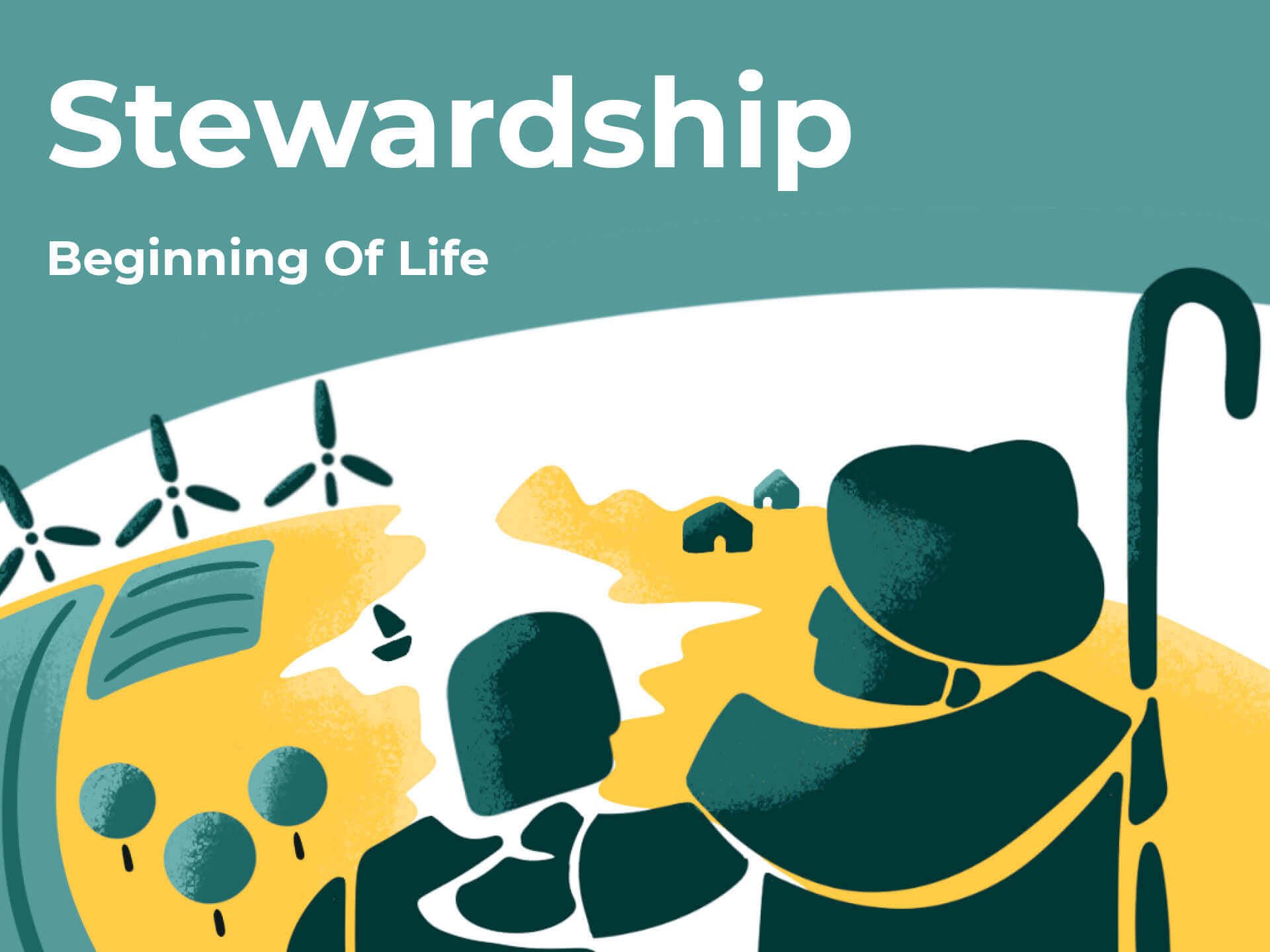The Mind
About this series
This 11-part series will help us to understand and apply the Bible’s teaching on God’s plan for us to steward the gifts he has given us and therefore the type of people he is calling us to be in our day.
The entire message of the Bible reflects the statement in Psalm 24:1, “The earth is the Lord’s, and everything in it, the world, and all who live in it” (cf. Psalm 89:11). And yet we must balance that with the fact that God has also called mankind to steward his creation: “The highest heavens belong to the Lord, but the earth he has given to the human race” (Psalm 115:16) In making the distinction between God’s rule and our delegated rule, John Stott says, ‘Our possession of the earth is leasehold, therefore, not freehold. We are only tenants; God himself remains...the “landlord.”’
It’s also clear from the creation account in Genesis that mankind was specifically created to bear God’s image and to rule on his behalf over his creation:
Genesis 1:28: “God blessed them and said to them, ‘Be fruitful and increase in number; fill the earth and subdue it. Rule over the fish in the sea and the birds in the sky and over every living creature that moves on the ground.’”
William Edgar defines this mandate given to Adam: ‘The creation mandate is the on-going charge to humanity, in the power and blessing of God, to be fruitful, multiply, and fill the earth and to gently subdue and cultivate the earth.’ This mandate relates not only to the physical ‘earth’ but also to our physical selves, what we do with the resources God has given us and to the way we care for the rest of mankind.
About this talk
Scripture: Philippians 4:4-10
Human beings are integrated wholes, unities of body, mind and spirit. Understanding the part that our mind plays in life and in our overall wellbeing has grown enormously over the last few decades; and yet mental health challenges have risen to levels never seen before.
It may be helpful to explore some of the ways our minds develop and how different people’s mental processes differ - without drawing any simplistic or hard-and-fast rules - as well as highlighting some of the remarkable things our minds can do.
It is true, as Paul says in Romans 12:2 that we are transformed by the renewing of our minds - the often used phrase ‘the battle for the mind’ is a very real arena of warfare. And here in Philippians 4 we are given various encouragements and instructions: to rejoice, to not be anxious but to take our prayers and petitions to God (with the promise that his peace will guard our hearts and minds), to think about certain things and to follow Paul’s example.
Some of the mind-challenges we all face centre on fears and anxieties, which would be worth identifying and facing up to, along with bringing some biblical help, particularly with regard to replacing liew with truth.
Application could include:
Maintaining a healthy mind is a challenge for every one of us. How does Paul’s teaching on “Do not be anxious about anything” equip us for the battle?
What help can we give for people who have developed unhealthy patterns of thinking and how can we encourage them to practise v 8 instead?
If there are areas of your own life where you can be appropriately authentic, that could be extremely helpful.











God gives us reasons for working, without making it the reason. Work, then, becomes an avenue for using the creative opportunities God has given, to serve other people and to love him - all of which we do for his glory.